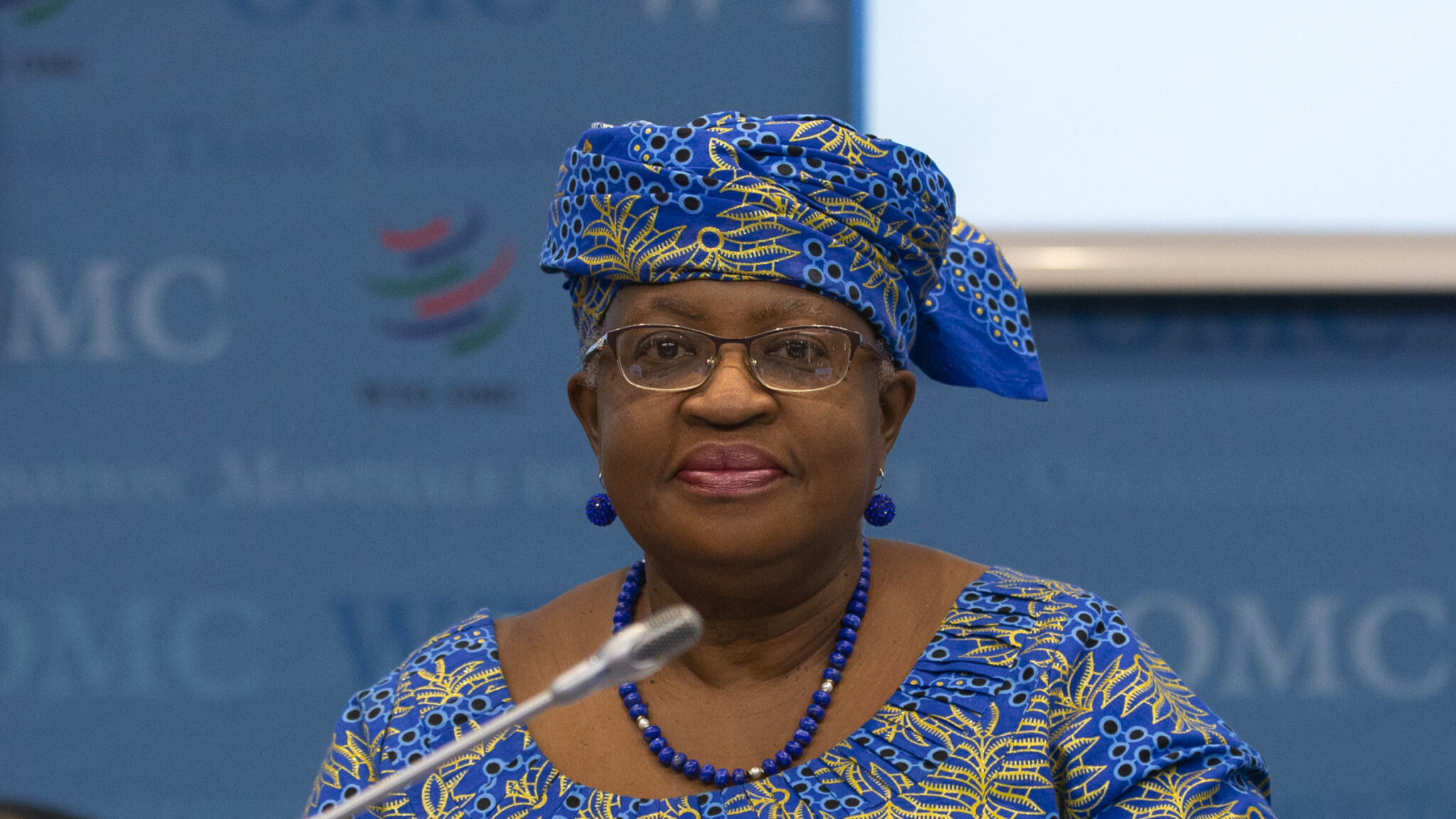
Ngozi Okonjo-Iweala, Director general of WTO (Salvatore Di Nolfi/Keystone via AP Images)
The Covid-19 vaccine IP waiver is back at the WTO, with a new deadline. Can it muster enough support?
World Trade Organization director-general Ngozi Okonjo-Iweala called on members late last week to move swiftly and forge at least a draft agreement on the divisive …
Sign up to read this article for free.
Get free access to a limited number of articles, plus choose newsletters to get straight to your inbox.